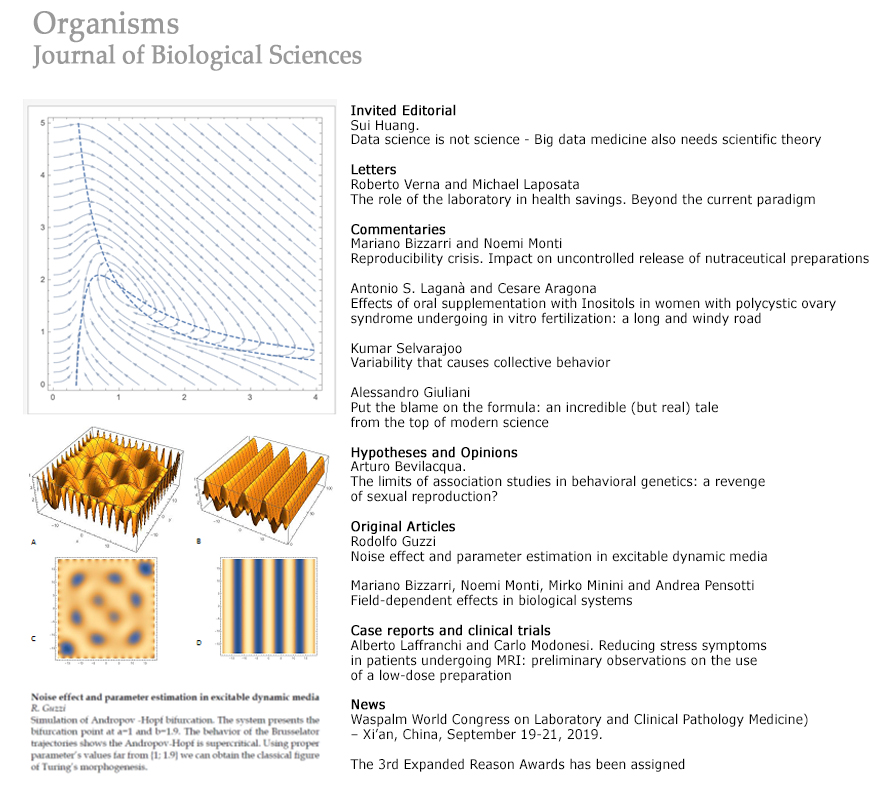The limits of association studies in behavioral genetics: a revenge of sexual reproduction?
DOI:
https://doi.org/10.13133/2532-5876_5.6Abstract
Genetic testing is showing its limits in assessing the hereditary risk for complex diseases as well as for psychic/psychiatric normal and pathological conditions. Genetic associations studies have revealed unable to produce consistent data on major disorders and more recent genome-wide association studies (GWAS) have provided more promising results identifying several genetic markers for individual risk of genetic diseases, but these generally consist of common variants that explain a small fraction of the overall genetic contribution to such risk. Even the mapping of copy number variations (CNVs) has so far produced inconsistent results. The future is thus to investigate how the alleles carried by our cells are expressed, and this is being pursued by two approaches: the study of our non-coding DNA, which is known to have an important role in the regulation of gene expression, and that of epigenetic mechanisms that represent the interface of gene x environment interactions and may allow us to better understand how neuronal populations direct behavior. As of now, the complex, multifactorial nature of our behavior and the continuous genotypic variation of human populations appear to represent the premise for such limits. Since sexual reproduction is the source of allelic assortment that makes our genetic variation continuous, it represents a strong restraint for geneticists.Downloads
Published
How to Cite
Issue
Section
License
Copyright Agreement with Authors
Before publication, after the acceptance of the manuscript, authors have to sign a Publication Agreement with Organisms. The authors retain all rights to the original work without any restrictions.
License for Published Contents

You are free to copy, distribute and transmit the work, and to adapt the work. You must attribute the work in the manner specified by the author or licensor (but not in any way that suggests that they endorse you or your use of the work).





